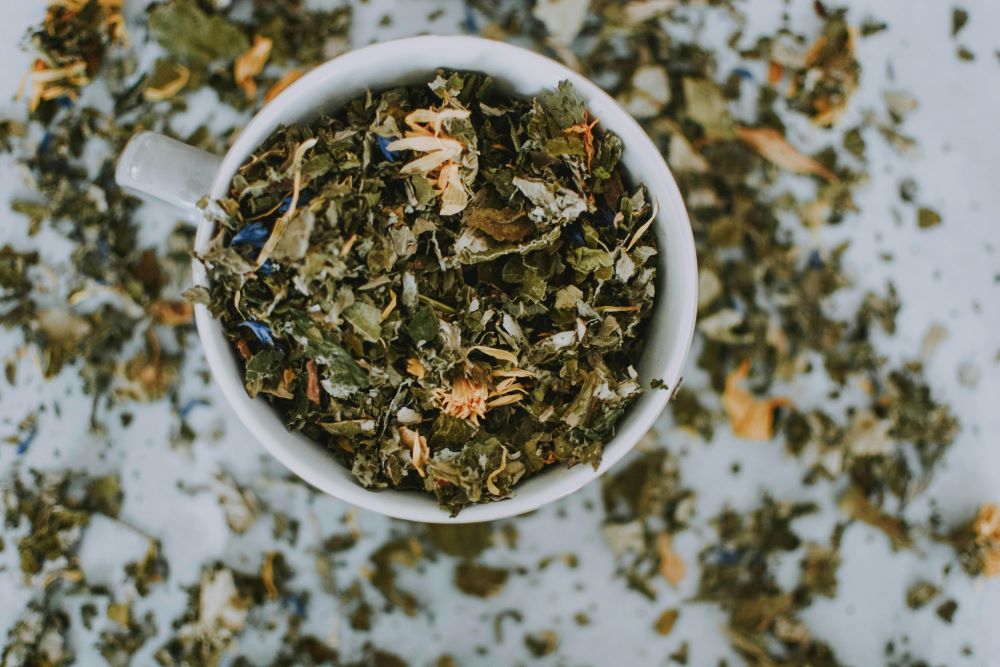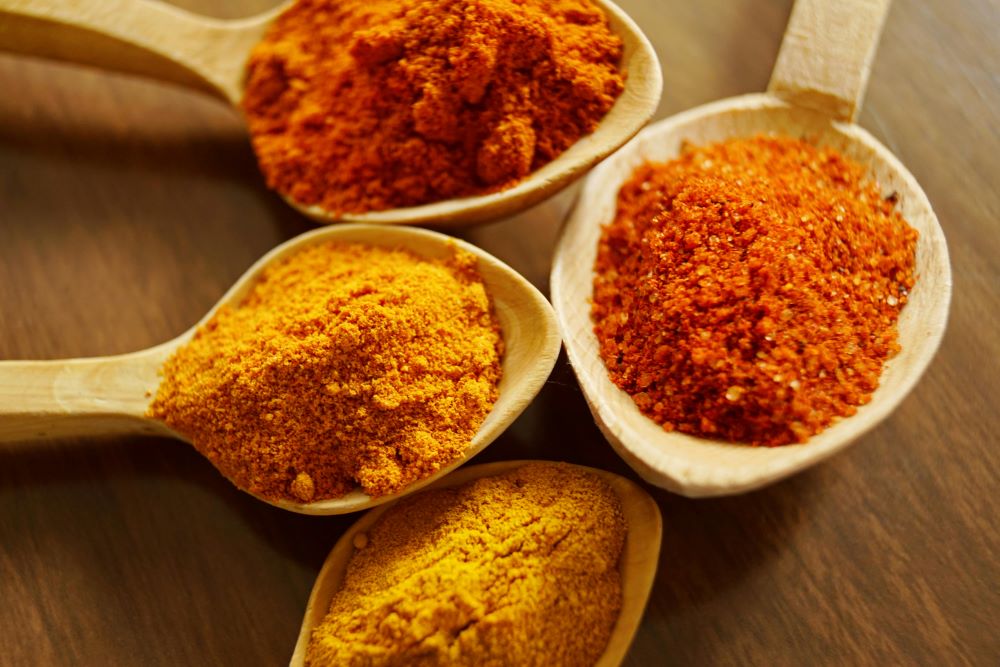Supplements that can cause hepatotoxicity include turmeric, green tea, Garcinia cambogia, black cohosh, red yeast rice, and ashwagandha.
A recent study published in JAMA Network Open has found an estimated 5% of U.S. adults are regularly exposed to six botanicals (plant-based supplements) that may pose risks to liver health. These botanical supplements, often marketed as natural remedies for various health issues, remain largely unregulated by the Food and Drug Administration (FDA), raising questions about their safety and the potential for negative side effects – sometimes dangerous ones.
Herbal and dietary supplements (HDSs) have seen a dramatic increase in popularity over recent years. With more than 80,000 such products available in the market, these supplements are easily accessible without a prescription and are often considered safe alternatives to conventional medicine. However, the lack of regulatory oversight means that many haven’t undergone rigorous safety or efficacy testing before reaching the homes of consumers.
The most common supplements include multivitamins, minerals, vitamin D, omega-3 fatty acids, and calcium. While these are generally regarded as safe, a growing body of evidence points to the potential dangers of certain botanicals that may lead to drug-induced liver injury (DILI). In fact, the proportion of DILI cases attributed to HDSs in the United States has risen sharply from 7% in 2005 to 20% in 2014.
The new study analyzed data from the National Health and Nutrition Examination Survey (NHANES) collected in the three-year span between January 2017 and March 2020. This survey included information from over 9,500 U.S. adults, focusing on their use of both prescription medications and herbal and dietary supplements within the past month.

Researchers identified six botanical supplements of particular concern: turmeric (or curcumin), green tea, Garcinia cambogia, black cohosh, red yeast rice, and ashwagandha, all of which have been marketed as having detoxing abilities and, therefore, weight loss abilities, and some of these are used to boost immunity. These plants have also been known to cause hepatotoxicity (liver damage). The review revealed that nearly 4.7% of participants reported using at least one of the six potentially hepatotoxic botanicals within the past month. Among these, turmeric and green tea were the most commonly consumed, followed by ashwagandha, Garcinia cambogia, red yeast rice, and black cohosh.
Symptoms of liver damage can vary but often include fatigue, jaundice (yellowing of the skin and eyes), dark urine, pale stools, nausea, vomiting, loss of appetite, and unexplained weight loss, which supplement takers may confuse with effectiveness and having positive results. As liver damage progresses, individuals may experience swelling in the abdomen and legs, itchy skin, and a tendency to bruise or bleed easily. Advanced liver damage can also lead to confusion, disorientation, and memory problems. Hepatoxicity can easily be life-threatening.
Many study participants reported using these botanical supplements without the recommendation of a healthcare provider. The primary motivations for their use included general health improvement, disease prevention, and boosting immunity. Specific reasons for using individual botanicals included managing arthritis symptoms (turmeric), increasing energy levels (green tea), promoting weight loss (Garcinia cambogia), treating hot flashes (black cohosh), and supporting heart health (red yeast rice).
The findings demonstrate the need for increased regulatory oversight of the herbal and dietary supplement market. The unregulated status of these products poses a significant risk to public health, as evidenced by the estimated 23,000 emergency department visits and over 2,000 hospitalizations in 2014 alone related to supplement use. With millions of people placed at risk, it is essential to strengthen regulations, increase awareness, and ensure that consumers are better informed about the safety of these products.
Sources:
Popular health supplements are causing liver damage, research shows
Estimated Exposure to 6 Potentially Hepatotoxic Botanicals in US Adults


Join the conversation!